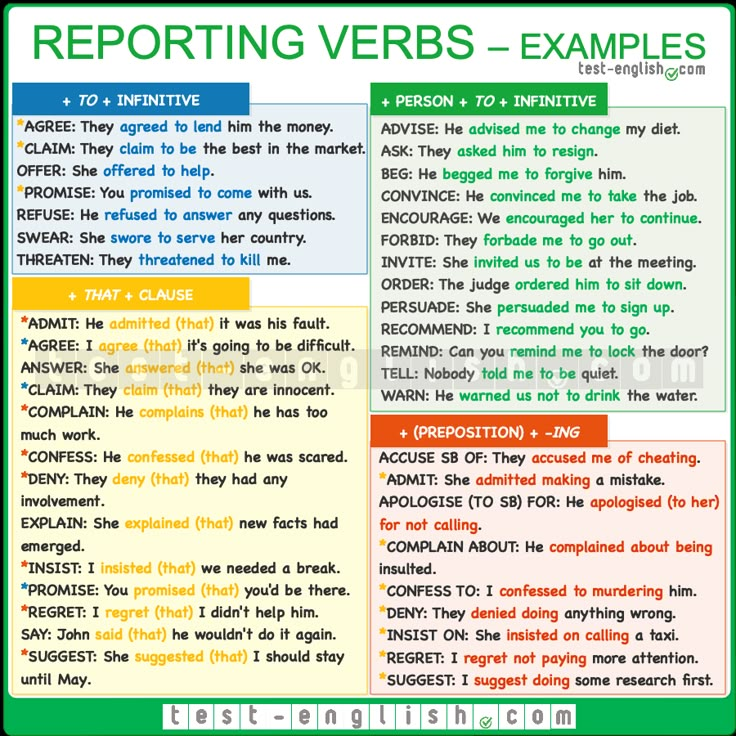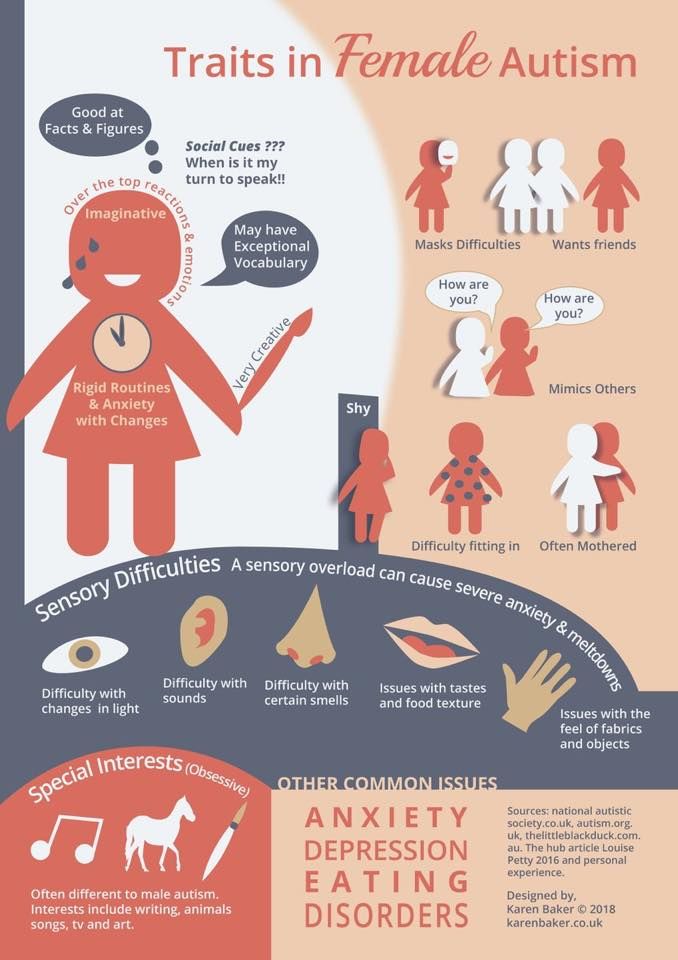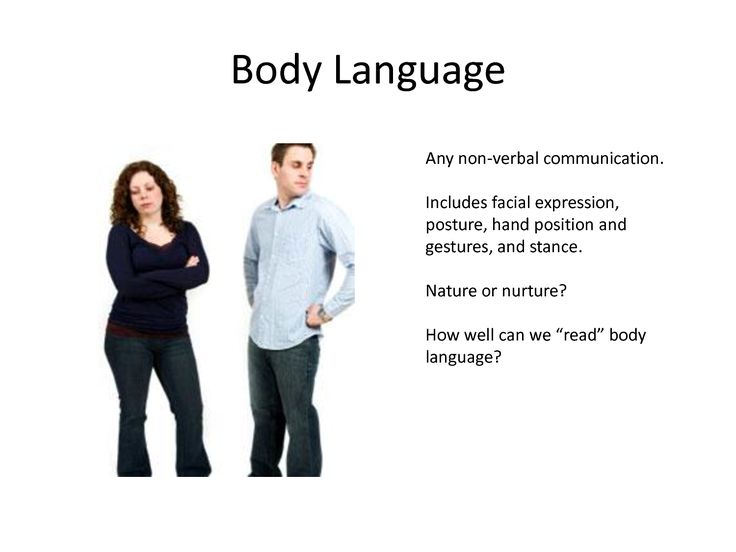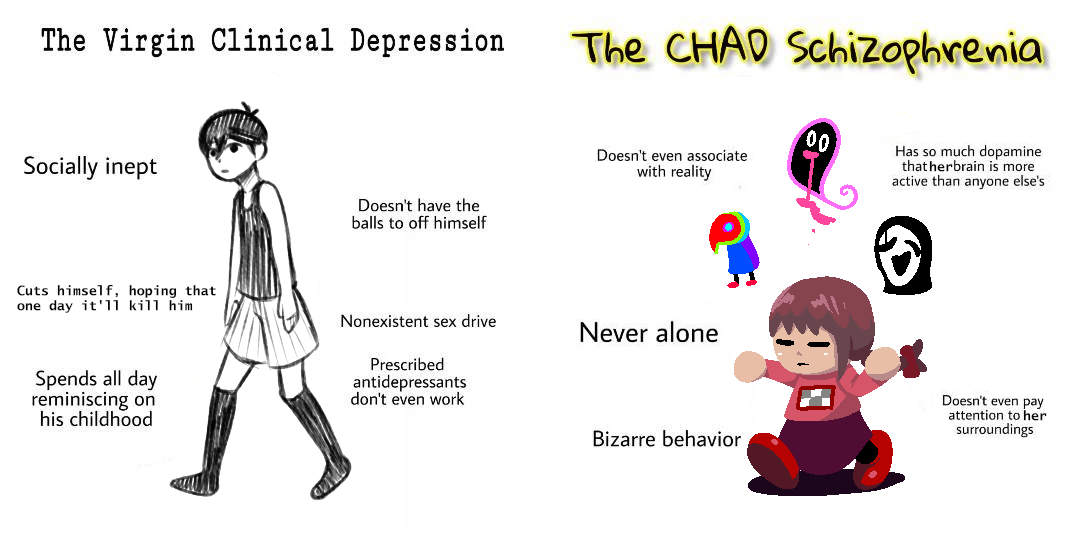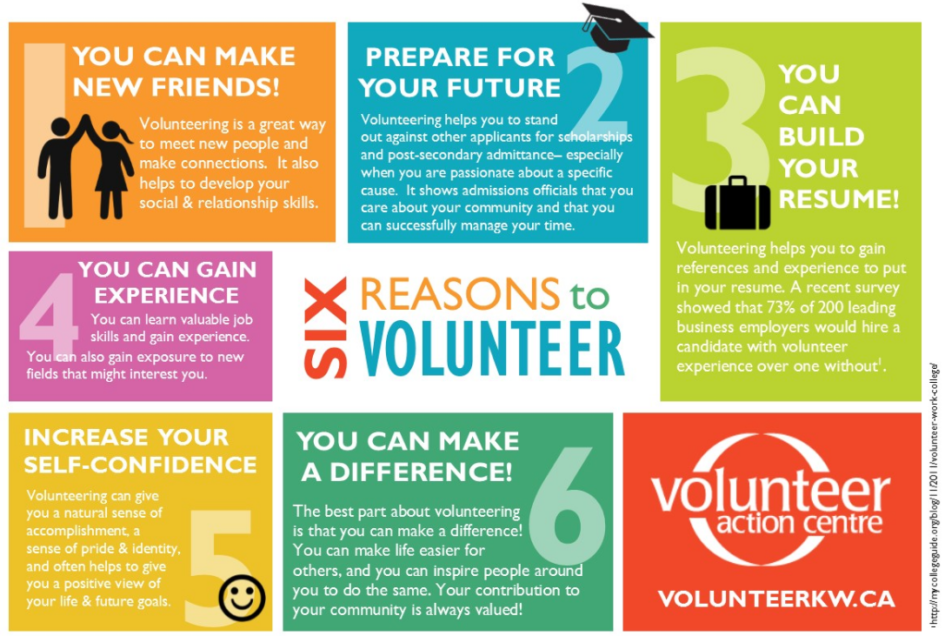Why do aspies suddenly back off in relationships
Why Do Aspies Suddenly Back-Off in Relationships? (Part 1)
One of the most frequent questions I'm asked is why an aspie (or suspected aspie) suddenly goes "cold" and backs off on an otherwise good relationship.
It's a difficult question and the answers would vary considerably from one person to another and would depend greatly on the circumstances. Nevertheless, I'll try to point out some possibilities.
Negative Reasons
I generally like to stay positive on this blog and assume that people are not necessarily "evil" but simply misguided. Unfortunately, I do have to acknowledge that there are some people out there who take advantage of others.
I read a book a few years ago on "sociopaths in the workplace" and I was stunned by the figures. They suggested that sociopaths were so common that most workplaces (small business) had at least one or two.
The fact is that there are lots of people out there who really feel very little for others and who are very manipulative. I'd like to say that aspies aren't like this but I'm sure there are a few.
One of the problems is that sociopaths and aspies can present similarly on the surface. There's not a huge amount of immediately visible difference between "lack of emotional connection" versus "inability to convey emotion". Similarly, manipulative behaviour can often come across as simply "needy".
Since the aspergers diagnosis is based on purely subjective criteria, it's not unlikely that in some cases, sociopaths may be misdiagnosed as aspies.
You have been warned.
Now let's move onto more genuine and solvable reasons.
Change Resistance
This is one of the biggest reasons. The aspie detects an approaching change in the relationship; perhaps you're talking about moving in, having children or maybe you're simply becoming assertive about routines; tea times, household chores or furniture placement.
Whatever the reason, the aspie change resistance kicks in. As we know, aspies are not the world's best communicators and half of the time they'll be completely unaware that the problem is change resistance. To them, they're just unable to cope with the TV being moved to the opposite side of the room. They don't know why they don't like it but they can think of lots of fancy excuses. The aspie may find it easier to go quiet and say nothing than to speak their mind.
To them, they're just unable to cope with the TV being moved to the opposite side of the room. They don't know why they don't like it but they can think of lots of fancy excuses. The aspie may find it easier to go quiet and say nothing than to speak their mind.
The NT side of the relationship will often take this "quietness" to indicate grudging acceptance and may exacerbate the situation by repeating it (for instance, moving more furniture). By the time the "quietness" is really noticed as a problem, it's often too late and the aspie has gone "cold" on the relationship.
NTs can assist with change resistance problems by becoming aware of unusual "quietness" in their partner and encouraging discussion. Aspies can help by making more efforts to communicate, even if it means resorting to written forms.
Next Time
Next time I want to look at the role that Depression and Self Doubt plays in causing aspies to back off on relationships.
Why do Aspies Suddenly Back Off in Relationships (Part 2)
In part one, we looked at the role that Change Resistance plays in causing aspies to suddenly go "cold" in otherwise good relationships. This time, I want to look at self esteem and depression;
This time, I want to look at self esteem and depression;
Self Esteem
The aspie relationship with themselves is tedious at best. People with Asperger's commonly suffer from low self esteem. As discussed in earlier posts, this low self esteem often results from years of emotional turmoil resulting from their poor social skills.
Aspies are often their own worst enemy. They can over analyze situations and responses in an effort to capture lost nonverbal communication. This often causes them to invent problems and to imagine replies. Everything made up by aspies will tend to be tainted with their own self image.
This is one of reasons that people with Asperger's will sometimes decide that they are not good enough for their partner and that they must let them go. Sometimes, the aspie will develop a notion of chivalry or self-sacrifice and will feel like they need to push their partner away for their own good despite the fact that they personally don't wish to give up the relationship.
Sometimes the aspie feels that they do not deserve the good luck that the relationship is bringing them. Sometimes they feel as if they need to punish themselves.
Several times during the courtship of my (now) wife, I experienced this problem. I had a plan to go to university and I knew that I couldn't spare the time to be with her. I mistakenly assumed that she would not tolerate this separation and kept putting the brakes on our relationship without providing any explanations. Eventually, she did leave me and although I was extremely upset, I figured that I deserved it.
I guess that I was ready to accept that she would find someone else provided that they lived up to my (impossibly high) standards. Discovering that the new man was not treating her as well as I would have was enough to galvanize me into action and I won her back. Self esteem issues can sometimes be conquered simply by realising that you are just as capable as others.
Depression
Going hand in hand with the self esteem issues is depression. Most aspies seem to suffer from depression in one form or another. In fact often they suffer from almost bi-polar emotions, swinging from extreme happiness extreme depression with very little in between. If a new relationship is formed during a period of extreme happiness, the partner will often mistake the depression phase for waning interest.
Most aspies seem to suffer from depression in one form or another. In fact often they suffer from almost bi-polar emotions, swinging from extreme happiness extreme depression with very little in between. If a new relationship is formed during a period of extreme happiness, the partner will often mistake the depression phase for waning interest.
Depression can also be self-destructive. The aspie may terminate their relationship as a way of punishing themselves or they may begin to self-harm in other ways. Sometimes, it's not the depression but the depression medication itself which is responsible for the strain on the relationship. Sometimes too, it's other medications as many drugs which treat psychological conditions which commonly occur alongside aspergers, have depression as a side-effect.
Fixing the Problems
There's not really a great deal that can be done by the partner in relationships which are affected by self esteem and depression issues. Self-esteem issues can only be resolved with long term therapy. It doesn't have to be with a professional, it can be done as part of the relationship provided that the other partner is patient and considerate enough to do the hard work.
It doesn't have to be with a professional, it can be done as part of the relationship provided that the other partner is patient and considerate enough to do the hard work.
Therapy may also work in cases of depression but sometimes the depression is integral to the aspie condition and no matter how often you ease the aspie through the depression phase and into a happier place, the depression will always return.
Sometimes it's better to simply accept rather than to try and change or to "fix" your aspie. Sometimes, it's the aspie who needs to learn to accept themselves.
Next Time
Next time I'll look at people who just don't know what to do or how to behave in relationships.
90,000 romantic relationships | Autistic CityMaterials and personal experience on the topic of romantic dating and relationships with autistic people.
tags:
personal experience,
ASD in women,
romantic relationships .
But a few minutes after I started watching, my heart began to beat faster and not at all with joy. It was too much of a joke. "Oh, look at those morons, they're kind of dating." I felt an old worry once again take over my thoughts: does the rest of the world really see us like this?
It was too much of a joke. "Oh, look at those morons, they're kind of dating." I felt an old worry once again take over my thoughts: does the rest of the world really see us like this?
tags:
transition to adulthood,
romance
Dating and relationships can be difficult for anyone, but adolescents with high-functioning autism face special challenges. The reason for this is the lack of certain skills and abilities that make it easier to get to know people and get close to them - both physically and emotionally.
Let's look at three obstacles to a successful romantic relationship to see how you can help your teen.
tags:
romance
If a woman refuses to date you, there is nothing to be ashamed of. This happens all the time. And in this regard, men with Asperger's syndrome have no less difficulties than other people (for example, how to please a woman and maintain a relationship with her).
Here are the top 15 reasons why NT women don't want to date men with Asperger's.
tags:
transition to adulthood,
recommendations to parents,
romantic relationships
The study of sexuality is an ongoing, lifelong process that begins at birth. Through our love and care, children learn about their body, learn about gentle touch and trust. In childhood, the awareness of being a girl or a boy begins, as well as what it means in a family or culture to be a woman or a man. By observing those around them, children learn about affection, respect, and how to behave properly.
Many adolescents and young people on the autism spectrum desire romantic relationships. They want to date, experience intimacy, get married. In order for them to make the right choice, we as parents have an obligation to teach them very personal topics.
tags:
romance
When I started dating at the age of 18, I had absolutely no idea how to connect with people in general, let alone women. Many of the girls I dated had good intentions, but they might not understand some of the quirks that people like me with autism might have. For example, as a child, I hated being touched. Ten years later, as a 28-year-old adult, I accept affection.
Many of the girls I dated had good intentions, but they might not understand some of the quirks that people like me with autism might have. For example, as a child, I hated being touched. Ten years later, as a 28-year-old adult, I accept affection.
Here are a few things you need to know when it comes to dating an autistic person.
tags:
teaching children,
transition to adulthood,
romance
Children learn about gender and sexuality from a very early age, even if we don't talk to them about it. Much of what they learn is incorrect, confusing and frightening. In a world where sex is used to sell cars and ice cream, and celebrity personal lives are everyone's business, we can't afford not to talk to our kids about sex and relationships if we want to help them make sense of it all. Problems specific to children with autism spectrum disorder (ASD) mean that normal, everyday conversations and social interactions can lead in many cases to misunderstanding, embarrassment or frustration. As a result, parents spend a lot of time trying to explain this chaotic and frightening world to their children. Your explanations and support become even more important when you talk to your kids about puberty, sex, and relationships. However, this will not necessarily be an easy conversation. Therefore, we have written this memo to help you move in the right direction.
As a result, parents spend a lot of time trying to explain this chaotic and frightening world to their children. Your explanations and support become even more important when you talk to your kids about puberty, sex, and relationships. However, this will not necessarily be an easy conversation. Therefore, we have written this memo to help you move in the right direction.
tags:
romantic relationships
Adult autistic people generally have a sexuality that is not normal. There are more asexuals among them than the general population. It is believed that the proportion of gays, lesbians, bisexuals and transgender people among autists is somewhat higher than the average for the population.
Bisexual or homosexual Aspies are better off seeking sex or relationships in a gay community that doesn't place much emphasis on traditionalism. Autistic girls and women are more likely to be successful in relationships than autistic men. This is due to differences in social requirements - usually a man asks a girl for a date, and not vice versa.
Living in a society where long-term relationships and family formation is the norm makes it difficult for socially inexperienced men with Asperger's to find a partner, and for this reason, some even give up trying to start a relationship.
tags:
scientific research,
news media and specialized resources,
romance
People with autism fall in love. Get married. And have sex (suddenly). Until now, their natural human needs are ignored by researchers.
Much of what Stephen Shore knows about romance, he learned from books on a self-help shelf in a convenience store near the campus of the University of Massachusetts at Amherst. In college, Shore - who has autism - became interested in the question: what if women speak a language that he does not understand? Perhaps this would explain the bewildering behavior of the former massage student he performed shiatsu sessions with, who ended up saying she was hoping for more than a back rub. Or the woman he met at the summer training program and assumed she was his girlfriend since they cooked all night long and slept side by side. In retrospect, it seemed that signs of romantic interest on the part of people seemed to be lost like the nuances of the language in translation.
Or the woman he met at the summer training program and assumed she was his girlfriend since they cooked all night long and slept side by side. In retrospect, it seemed that signs of romantic interest on the part of people seemed to be lost like the nuances of the language in translation.
tags:
personal experience,
autism community,
self-advocacy,
communication,
family relationships,
romantic relationships
Autistic guys - I really mean guys, especially straight cisgender guys - as well as moms of straight autistic guys, we need to talk. I mean, I'm going to tell you to stop doing one thing and you'll cry for it, and it won't be my problem at all. You will persist in making this my problem no matter what I do, but it's not my problem.
Gentlemen, stop going to autistic meetings to "find a girl." No. To hell with this crazy idea. Do not do that.
tags:
research,
romantic relationships,
family relationships who have the same diagnoses.
